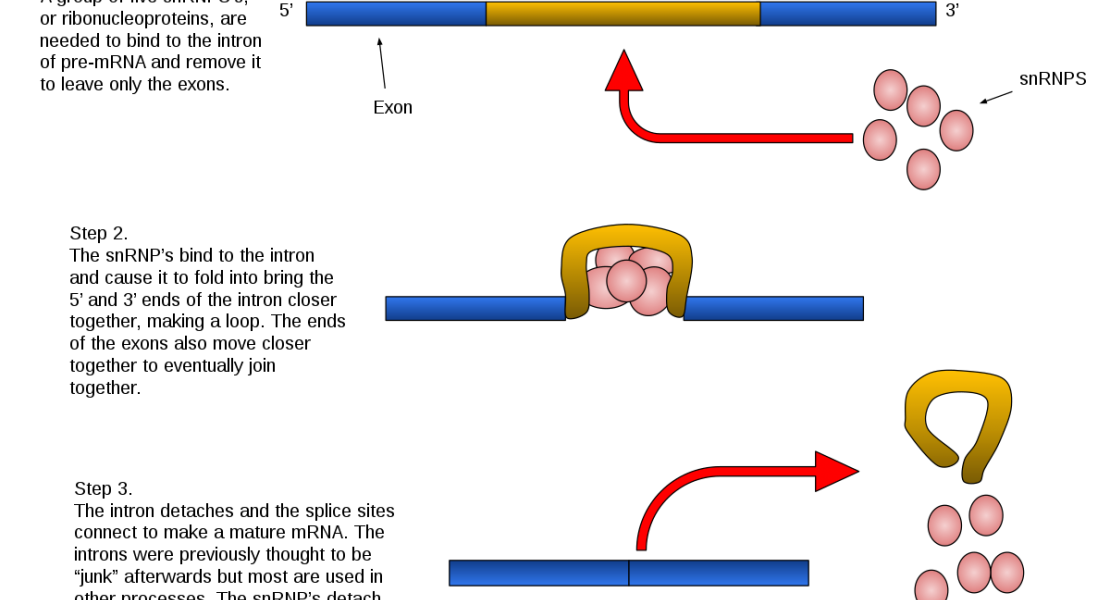m6A RNA Methylation Is Regulated by MicroRNAs and Promotes Reprogramming to Pluripotency

Abstract
N6 -methyladenosine (m6 A) has been recently identified as a conserved epitranscriptomic modification of eukaryotic mRNAs, but its features, regulatory mechanisms, and functions in cell reprogramming are largely unknown. Here, we report m6 A modification profiles in the mRNA transcriptomes of four cell types with different degrees of pluripotency. Comparative analysis reveals several features of m6 A, especially gene- and cell-type-specific m6 A mRNA modifications. We also show that microRNAs (miRNAs) regulate m6 A modification via a sequence pairing mechanism. Manipulation of miRNA expression or sequences alters m6 A modification levels through modulating the binding of METTL3 methyltransferase to mRNAs containing miRNA targeting sites. Increased m6 A abundance promotes the reprogramming of mouse embryonic fibroblasts (MEFs) to pluripotent stem cells; conversely, reduced m6 A levels impede reprogramming. Our results therefore uncover a role for miRNAs in regulating m6 A formation of mRNAs and provide a foundation for future functional studies of m6 A modification in cell reprogramming.
